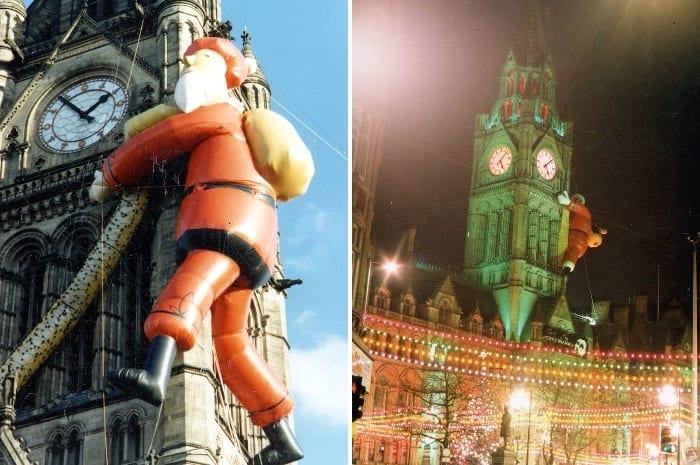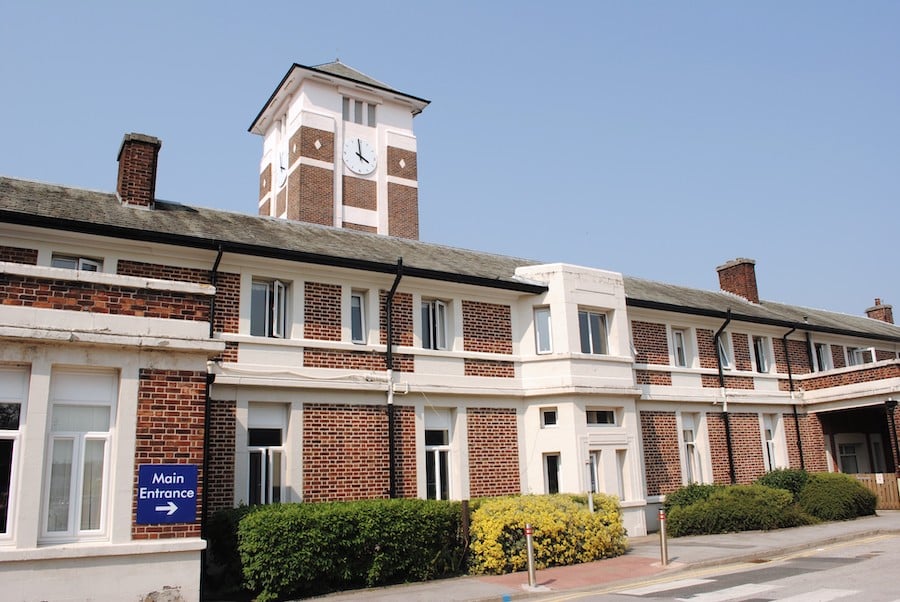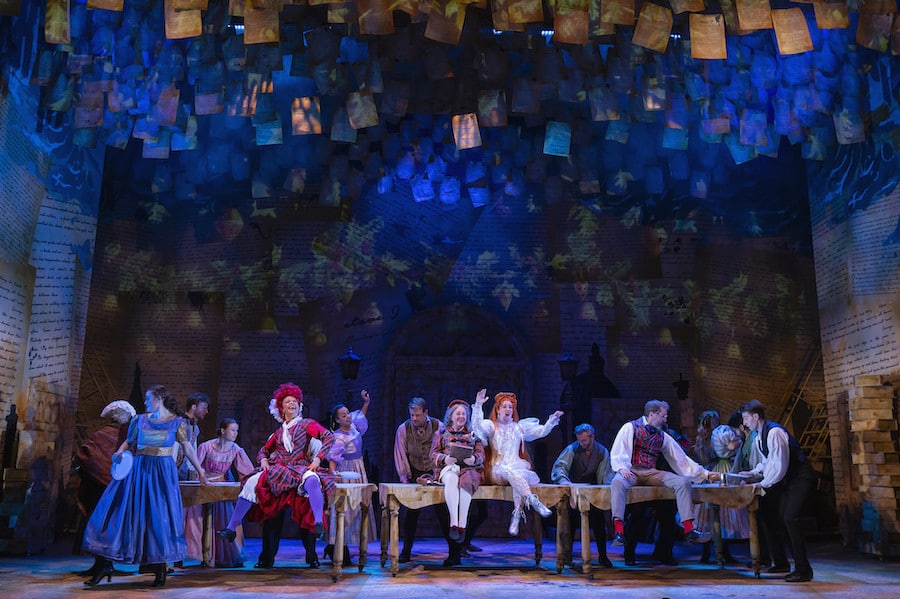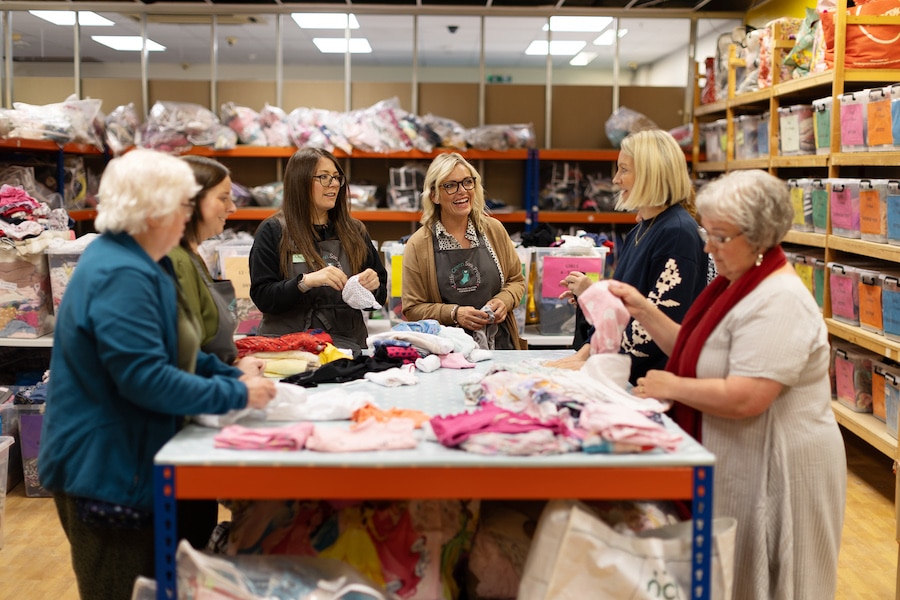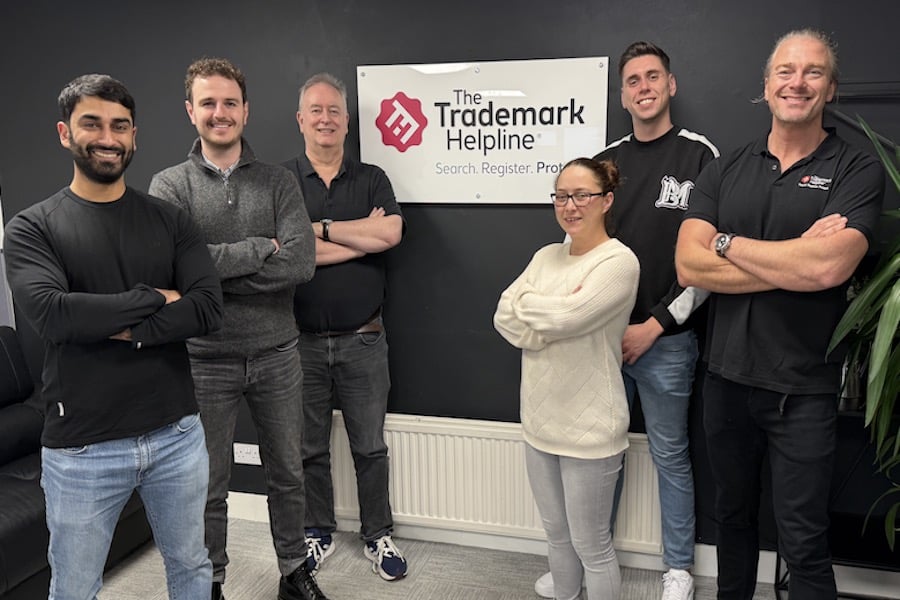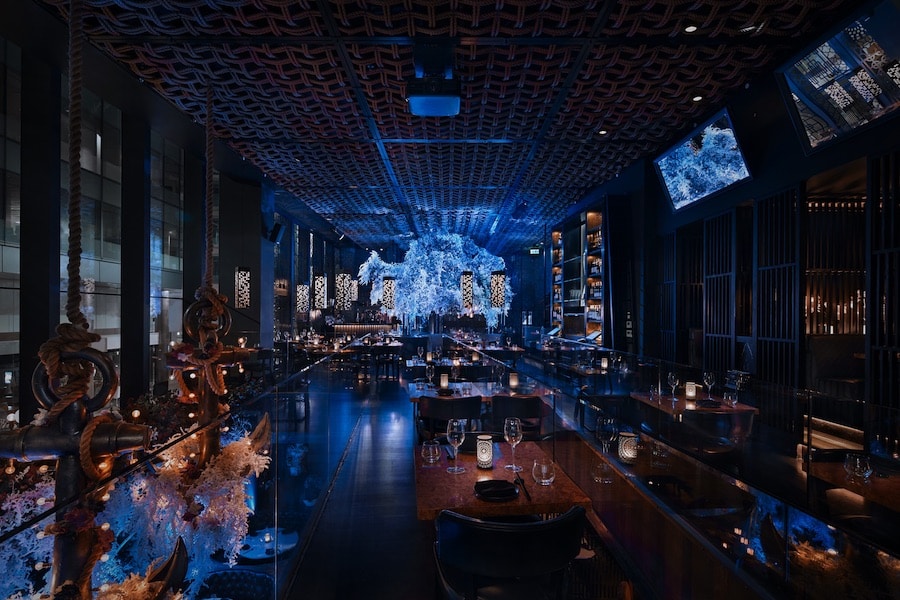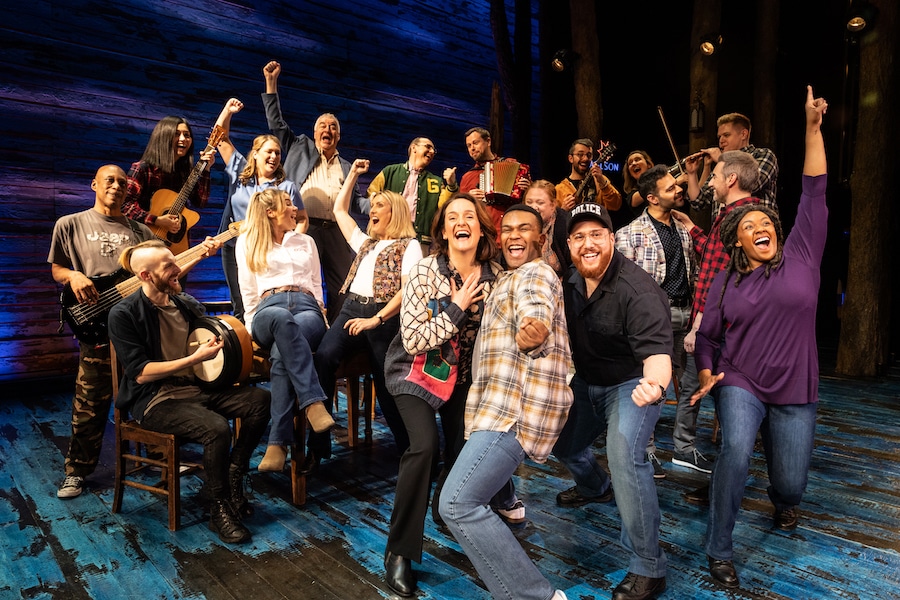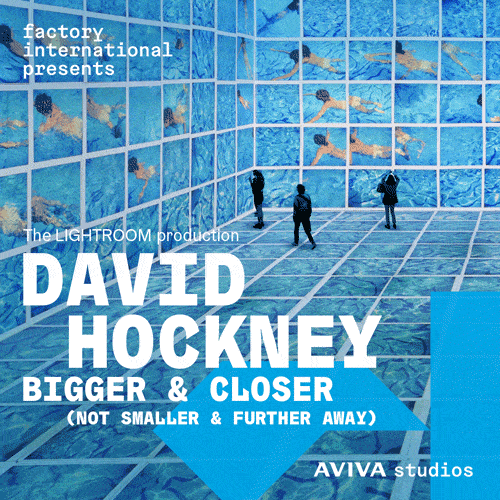Ukranians in Manchester reflect on two years of war
- Written by Declan Carey
- Last updated 10 months ago
- City of Manchester, Community, People
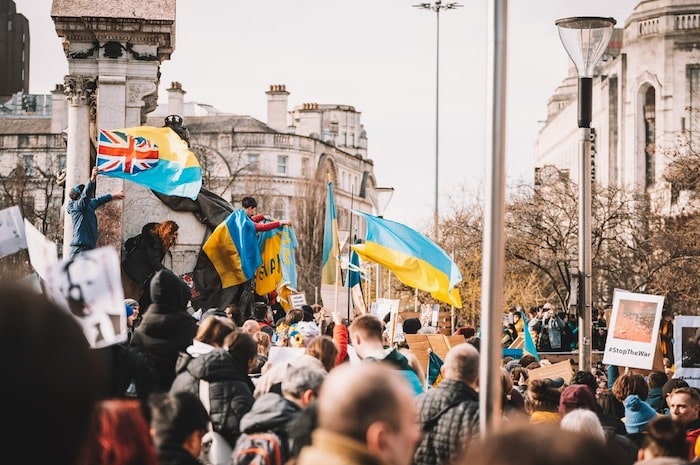
Each Saturday in Manchester city centre, a group of Ukrainians gather to raise awareness of the ongoing war.
They’ve met at Piccadilly Gardens each weekend since February 2022, when Russia began its full-scale invasion of the country.
Ukrainians in Manchester reflect on war
During that time, the number of Ukrainians in Greater Manchester has grown, with refugees risking long and tiring journeys to get away from the fighting.
This Saturday marks the two-year anniversary since the full-scale war started. Ukrainians in the region have reflected on how their lives have changed so far.
“I feel very angry, I’m full of hate deep inside. I don’t want to be, it’s not who I am.”
Philip Dovgopol, 32, is from Kharkiv, a Ukrainian city close to the border with Russia.
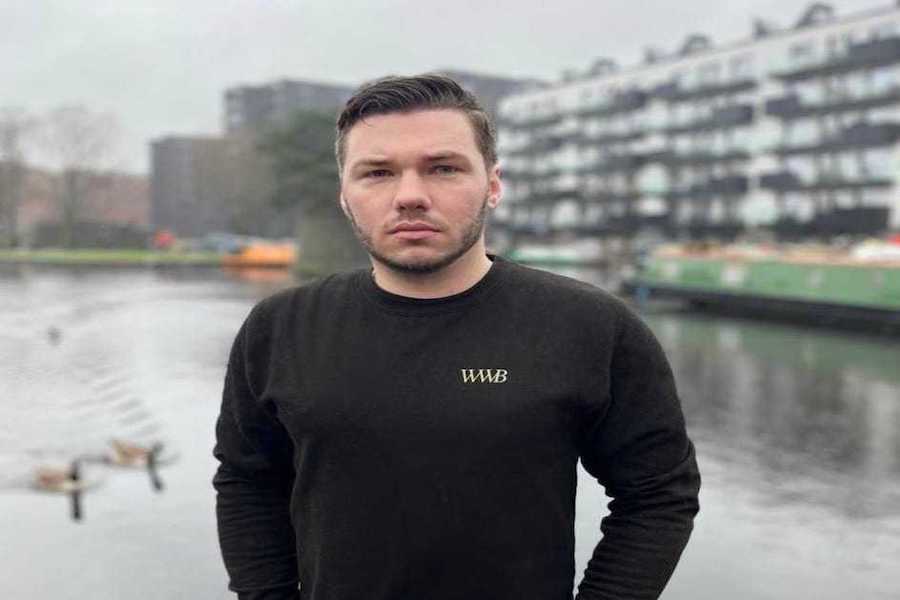
He moved to Edinburgh in 2014 – the same year when Russia invaded Crimea and parts of eastern Ukraine – and later relocated to Manchester for work.
He lives in New Islington and has worked with charities such as Citizens Advice and Europia – an organisation supporting central and eastern Europeans in Greater Manchester.
He’s known the city for a long time already, but said the best of Manchester’s spirit was on show when the full-scale war in Ukraine started in February 2022.
He said: “There’s a very strong sense of community here. It showed when the war started, I remember at the Ukrainian centre in Manchester, we were getting a lot of help from people who were delivering goods to be sent to Ukraine.
“I realised how much people care about people who live in Manchester, that’s why I decided to find work where I could give back to the community here.”
Drop in sessions at the Central Library
While in Manchester, Philip has helped Ukrainians through weekly drop-in advice sessions at the Central Library.
Refugees arriving in the city came along to those events to ask for support and advice about topics from claiming benefits to finding a home.
But Philip found it left him exhausted and on the brink of breakdown.
He said: “A lot of people who came for help and advice I would say they felt ashamed of their situation. It was my job to talk them out of it and inspire to look at the situation more positively.
“I enjoyed the job, but I was doing long hours – my employer offered a lot of advice and help on my work-life balance – but I was heavily emotionally involved. I saw my family in everyone who came to us for help, it was mainly women and children, elderly people.
“I tried to help them with everything: housing, benefits, employment, school, universities, GP appointments. I would see 15 families a day, they could have around seven different issues each and it was too much work, I was burned out after six months, and I had a small mental breakdown.”
Philip said hearing stories from people who had lost everything in Ukraine was heartbreaking.
He remembered one family from Mariupol, a Ukrainian city on the Azov sea coast which was the centre of fierce fighting in the early months of the full-scale war.
He said they had “lost everything”, adding: “Thinking about Saturday, it’s hard to call it an anniversary, I don’t know the right word for it in English. I feel very angry, I’m full of hate deep inside. I don’t want to be, it’s not who I am.
“I spoke Russian all my life, they came to ‘protect’ Russian speakers in Ukraine but it’s just so fake. I’m so angry about it and the human lives lost, we’ve lost the best men and women of our country.”
“Manchester’s a very welcoming place… Ukrainians have moved here from London”
Iryna Oliynyk, 44, is from the city of Ternopil in western Ukraine where she worked as an English lecturer before the full-scale war.
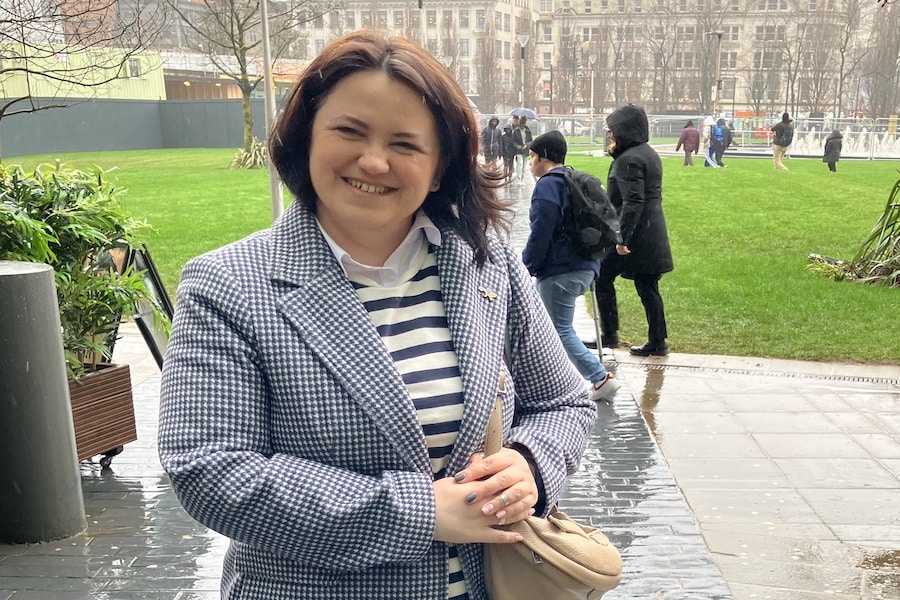
From Ukraine to Salford
She now lives in Salford and is an advocacy worker, speaking on behalf of Ukrainians.
She moved to the city after the full-scale invasion began, but she had visited the city before to visit her family here.
She said: “I used to live in a monolingual society, but the first thing that is striking about Manchester is hearing lots of languages. It’s also always rainy which I don’t mind, I like this type of weather. It’s a very welcoming place.
“I know a lot of Ukrainians who tried staying in London and they were invited or recommended to come to Manchester, with people saying the north west is more friendly and open. Although it’s a big city, there are lots of job opportunities, so it gives this comfort that it’s big but quiet and nice for living unlike London which is usually noisy and loud and everything.”
Helping Ukrainians to find a job in Manchester
Iryna, who also helps at the drop-sessions for Ukrainians in Manchester city centre, said eight out of ten people who ask for help need support finding a job.
She said: “People want to find something that’s relevant to their skills, they know that language is a big barrier, and if someone was an accountant or lawyer in Ukraine then they obviously have to start from scratch here and build up. Ukrainians are willing to take any opportunity.
“Many Ukrainians – and it’s mainly women with kids – are looking for jobs to combine with their private and professional lives to take care of the kids. But they want upskilling opportunities, to find something that is at least connected to what they were doing in Ukraine.”
Iryna said housing is another issue Ukrainians have struggled with.
Many have now moved out of homes with British sponsors who they initially lived with, but finding a place of their own can be difficult – and expensive.
Iryna said: “One issue is finding a guarantor, landlords and agencies are asking how long Ukrainians have been here and what kind of job they have, so they always get put down the list.
“I’ve been here since April 2022, but I still can’t call it home to be honest.
“We have extended family here and lots of gatherings, a Ukrainian church, things happening in the community.
“It’s a home from home, but not real home. In Ukrainian culture we don’t really move out a lot.”
“I was one of the first Ukrainian war refugees and everyone was going out of their way to help … they kept bringing cakes and flowers to our house”
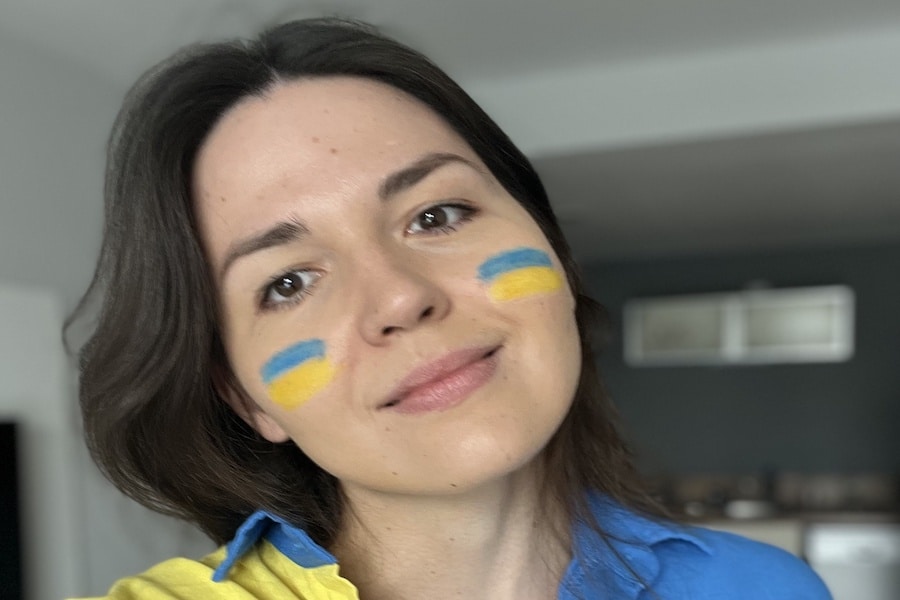
Maria Romanenko, 31, is a Ukrainian journalist from Kyiv who moved to Manchester with her partner Jez from Kyiv when the full-scale war started.
They faced a 40-hour journey to the border and a four-day wait before they arrived.
She lives in Stockport now and has used her time in the UK to support Ukrainian causes and raise awareness of what is happening back home.
One of her projects has been leading free walking tours of Manchester for Ukrainians arrivals.
Maria said: “Through the tours I’ve drilled the history of Manchester into my head, even some things locals don’t know about how important it is in world history.
“It’s a very important city, it’s very friendly and people have been so welcoming to me when I just arrived. I was one of the first Ukrainian war refugees and everyone was going out of their way to help.
“People kept bringing cakes and flowers to our house, they wanted to show their support for Ukraine through me. I realise this is my temporary home because I have a Mancunian partner and I expect to go back to Ukraine, and I can’t wait for Ukraine to win so I can do that.”
Maria’s work has been widely recognised for her work, including by being awarded a Point of Light Award with personal recognition from the Prime Minister Rishi Sunak.
Asked what February 24 means for her, she said it was difficult to put her feelings into words.
“It’s very sad, it’s not something I expected to happen. But on the other hand, the fact that we are still fighting and resisting, and everyday defending our land against the second biggest army in the world, is obviously a good thing.
“Ukrainians are still carrying on, despite all the physical and mental challenges. That speaks a lot about Ukraine as a nation and about our identity and culture.”
If you’re from Ukraine and need support, click here for more information.
- This article was last updated 10 months ago.
- It was first published on 23 February 2024 and is subject to be updated from time to time. Please refresh or return to see the latest version.
Did we miss something? Let us know: [email protected]
Want to be the first to receive all the latest news stories, what’s on and events from the heart of Manchester? Sign up here.
Manchester is a successful city, but many people suffer. I Love Manchester helps raise awareness and funds to help improve the lives and prospects of people across Greater Manchester – and we can’t do it without your help. So please support us with what you can so we can continue to spread the love. Thank you in advance!
An email you’ll love. Subscribe to our newsletter to get the latest news stories delivered direct to your inbox.
Got a story worth sharing?
What’s the story? We are all ears when it comes to positive news and inspiring stories. You can send story ideas to [email protected]
While we can’t guarantee to publish everything, we will always consider any enquiry or idea that promotes:
- Independent new openings
- Human interest
- Not-for-profit organisations
- Community Interest Companies (CiCs) and projects
- Charities and charitable initiatives
- Affordability and offers saving people over 20%
For anything else, don’t hesitate to get in touch with us about advertorials (from £350+VAT) and advertising opportunities: [email protected]
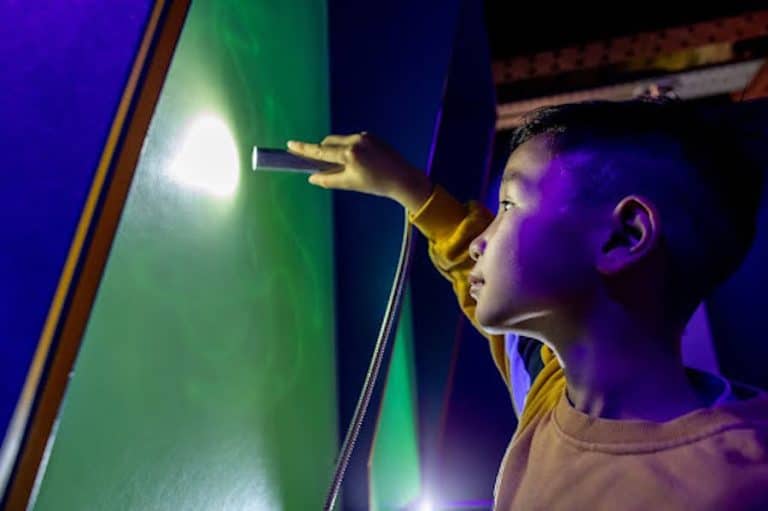
Games, science and history collide at Manchester’s Science and Industry Museum this winter

How Baguley Hall Primary School is nourishing minds with a morning Magic Breakfast
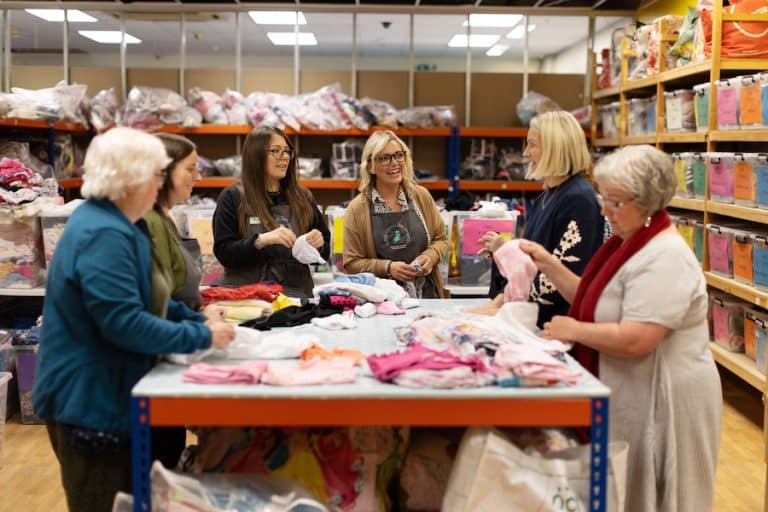
Trafford baby bank delivers £17,000 of Christmas gifts despite closure risk

Best bars and pubs to watch the football and live sport in Manchester
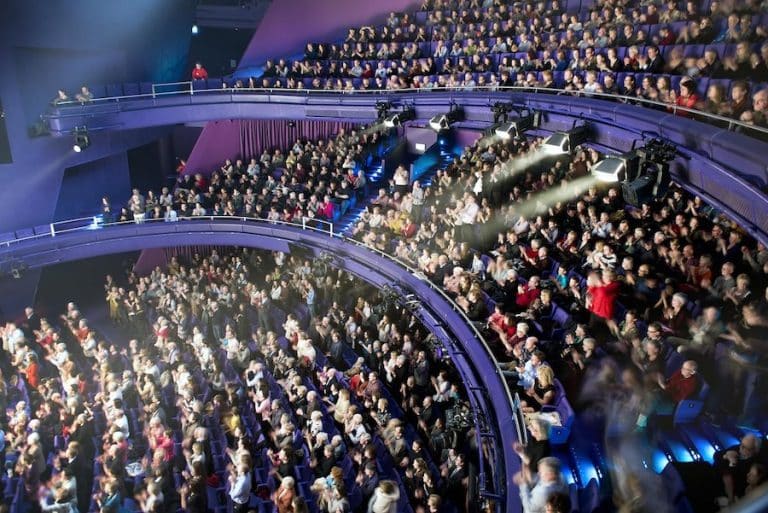
Our writers pick the most outstanding Manchester theatre of 2024
